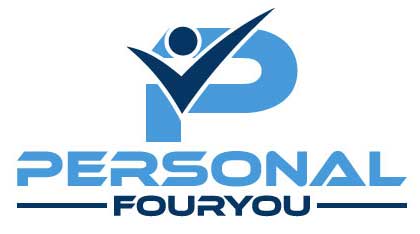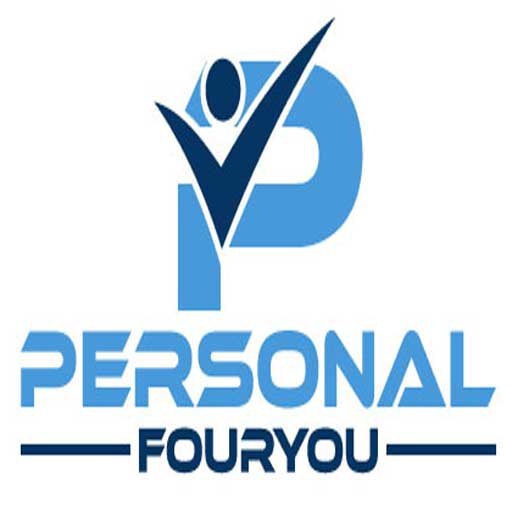
Prawa Jazdy B Bez Egzaminu
Eine Bewertung hinzufügen FolgeÜbersicht
-
Gründungsdatum Juni 5, 1950
-
Sektoren Viele weitere Jobs bei Fouryou
-
Gepostete Jobs 0
-
Gesehen 30
Beschreibung des Unternehmens
10 Misconceptions Your Boss Holds Regarding Buy Driving License
The Comprehensive Guide to Legally Obtaining a Driving License
In today’s busy world, a driving license is more than just a piece of plastic– it’s an entrance to independence and convenience. Whether you’re a brand-new driver or somebody aiming to restore or transfer your license, understanding the process is important. This comprehensive guide will walk you through the actions to lawfully acquire a driving license, supply important pointers, and answer typical concerns.

Comprehending the Basics
A driving license is a main file that certifies an individual’s ability to run an automobile. It is released by a government firm and is needed to legally drive in the majority of countries. The process of obtaining a driving license can differ depending on the jurisdiction, but it usually includes numerous key actions.

Steps to Obtain a Driving License
-
Identify Eligibility
- Age Requirements: Most countries have a minimum age requirement for getting a motorist’s license. In the United States, for example, the minimum age is normally 16 years of ages, but this can vary by state.
- Residency: You should be a legal local of the state or nation where you are using for a license.
- Medical Fitness: You need to meet specific health and vision requirements to guarantee you can securely run a car.
-
Study the Driving Manual
- Driving Manual: Each state or nation offers a driving manual that covers traffic laws, road indications, and safe driving practices. It is vital to thoroughly study this manual to prepare for the written test.
- Online Resources: Many jurisdictions offer online resources, prawo jazdy b such as practice tests and interactive tutorials, to help you prepare.
-
Take the Written Test
- Test Format: The composed test generally consists of multiple-choice questions that examine your understanding of traffic laws and safe driving practices.
- Passing Score: The passing score varies by jurisdiction, however it is typically around 80%.
- Retakes: If you do not pass the test on your first effort, you can usually retake it after a certain period.
-
Total Driver’s Education (if needed)
- Driver’s Education: Some states or countries need brand-new drivers to complete a chauffeur’s education course. This can be performed in a class setting or online.
- Behind-the-Wheel Training: In addition to class direction, you might require to finish a particular variety of hours of behind-the-wheel training with a licensed instructor.
-
Obtain a Learner’s Permit
- Application Process: You can look for a student’s authorization at your local Department of Motor Vehicles (DMV) or comparable agency.
- Documents Required: You will require to offer proof of identity, residency, and age. Acceptable files normally include a birth certificate, passport, and energy expense.
- Costs: There is generally a charge for the learner’s license, which can differ by jurisdiction.
-
Practice Driving
- Monitored Driving: With a learner’s authorization, you can practice driving under the guidance of a licensed adult. This is a crucial action to acquire confidence and experience.
- Practice Tips: Start in low-traffic areas and gradually work your way as much as more challenging driving conditions. Practice various driving situations, such as merging, parking, and browsing intersections.
-
Take the Driving Test
- Test Format: The driving test assesses your capability to securely operate a lorry. You will be evaluated on your driving skills, adherence to traffic laws, and overall safety.
- Test Day: On the day of your test, show up early, bring your learner’s license, and ensure your car is in excellent condition.
- Passing Criteria: The passing criteria can vary, but normally, you should show safe and proficient driving abilities.
-
Receive Your Driver’s License
- License Types: Depending on your age and experience, you might receive a provisionary or full driver’s license. Provisionary licenses typically come with constraints, such as a curfew or guest limits.
- License Renewal: Your license will have an expiration date. Make certain to renew it before it expires to avoid any penalties.
Tips for a Smooth Process
- Start Early: Begin the process early to prevent any last-minute issues.
- Stay Calm: The driving test can be nerve-wracking, but staying calm and focused will help you perform better.
- Practice Regularly: Consistent practice is key to establishing great driving routines.
- Follow the Rules: Always comply with traffic laws and safe driving practices, even after you acquire your license.
Frequently asked questions
Q: Can I drive with a student’s authorization?A: Yes, but you need to be accompanied by a licensed grownup who is at least 21 years of ages (the age requirement might vary by jurisdiction). You are also subject to certain restrictions, such as a curfew or traveler limitations.
Q: What takes place if I stop working the driving test?A: If you fail the driving test, you can usually retake it after a specific period. The waiting period and variety of retakes permitted can differ by jurisdiction. Utilize the time to practice and improve your driving abilities.
Q: Can I transfer my chauffeur’s license to a new state?A: Yes, many states enable you to move your chauffeur’s license if you move. You will require to visit the local DMV and provide evidence of your brand-new address. You might also need to take a vision test or a written test, depending upon the state.
Q: What should I do if my motorist’s license is lost or stolen?A: If your driver’s license is lost or stolen, report it to the DMV immediately. You will need to obtain a replacement license, which may include a fee. Be sure to also report the loss to your local cops department.
Q: Are there any age limitations for driving?A: Yes, many nations have age limitations for acquiring a chauffeur’s license. In the United States, the minimum age is usually 16 years old, however this can differ by state. Some states also have limitations for chauffeurs under 18, such as a curfew or traveler limitations.
Getting a driving license is a substantial milestone that opens a world of possibilities. By following the steps outlined in this guide, you can browse the procedure with confidence and guarantee that you are well-prepared to hit the roadway. Remember, the secret to safe and accountable driving is continuous knowing and practice. Stay informed, stay safe, and delight in the freedom that includes a driver’s license.
Additional Resources
- DMV Website: Visit the official DMV site of your state or country for the most up-to-date details and resources.
- Driver’s Education Programs: Look for certified driver’s education programs in your location to get the training you need.
- Online Practice Tests: Utilize online practice tests to prepare for the written test.
By following these actions and pointers, you can successfully acquire your driving license and delight in the many benefits it brings.

